- 48 Posts
- 31 Comments

 2·12 天前
2·12 天前You’re catching downvotes, but according to Google Trends, searches for “gold price” and “ai bubble” are positively correlated, and there’s plenty of historic precedent for people flocking to “safe haven” assets when the markets nosedive. Gold went up by 30% from Jan-Sep 2020 (COVID), and nearly doubled in value between 2007 and 2009 (housing crisis), although it did take a dip before rebounding during the dotcom bubble (2000-2003).
That said, I would recommend keeping a significant portion of your money in an HYSA as precious metals are subject to large fluctuations in price and markets don’t always behave rationally.

 4·12 天前
4·12 天前This is all great stuff to have on hand, but not relevant for OP’s question. They’re wondering how to prepare for the equivalent of the dotcom burst or the 2008 recession, not a grid-down scenario.

 81·15 天前
81·15 天前If you’d bought silver (or silver ETFs) a few months ago you would have made a whole bunch of money, and society hasn’t ended yet.
Poorer nation’s peak population estimates are declining every year, as life gets better and child mortality falls population growth lowers everywhere
Yes, that’s a good thing.
(another racist shit that’s spreading that poor nations are reproducing too much, btw).
Race doesn’t enter into it. If we accept that we crossed into overshoot over 50 years ago, then any birth rate above replacement is ultimately unsustainable.
Energy consumption is more or less useless measure with the rapid rise of renewables, although there are also efforts there to lower that everywhere.
Energy consumption is the measure. It’s a direct reflection of the degree to which our lifestyles impact our environment. People seem to have this idea that the only real issue with industrial civilization is that it runs primarily on a fuel that destabilizes our atmosphere, and that if we could simply transition away from this fuel (to solar/wind/nuclear/fusion) we’d be on our way to utopia.
But let’s consider what we direct all that energy towards: first, we use it to harvest massive amounts of natural resources, degrading and destroying the environment in the process. (Mining, logging, farming, fishing, etc.) We then transform those natural resources into towns and cities, which pave over and fragment the natural environment in which they’re built. We transform them into consumer goods (cars, electronics, plastics, clothing, etc.), the vast majority of which end up as waste in less than a decade. We transform them into all manner of industrial chemicals, many of which end up becoming individual ecological disasters of their own.
Transitioning to a “clean” form of energy does nothing to address what we do with it. Living sustainably requires drastically downscaling our total ecological footprint.

 3·15 天前
3·15 天前But the famous director gets hundreds of thousands every year to make shitty movies nobody sees, because that one time 20 years ago he did something good.
To be fair, this is also how it works in Hollywood.
We are not over capacity at all
We’re in a state of ecological overshoot, defined as a population consuming more resources than its environment can replenish. At its simplest, overshoot is a function of individual consumption x total population.
The Global Footprint Network calculates that we crossed this line in 1971, when both our global population (3.8B) and individual energy consumption (15.8kWh) were far lower than they are today (8.2B and 21.7kWh, respectively). Consider also that population is both a cause and effect of energy consumption.
the wealthiest 10% causes over 50% of the pollution.
You’re referring to CO2 emissions here (and it’s actually closer to 60%), but there are many other symptoms of overshoot. Habitat loss, species extinctions, overharvesting of resources, and other forms of pollution (industrial, particulate, trash) are huge problems in less wealthy nations. In South America, for example, we’ve seen a 95% loss of wildlife species over the past 50 years. The planetary boundaries framework is helpful for looking at overshoot more holistically, instead of focusing solely on emissions (although that’s important too).
In wealthy nations, populations are declining but consumption is unsustainable. In poorer nations, individual consumption is low but population growth is unsustainable. Only by reducing both do we have a hope of living equitably on this planet.

 2·21 天前
2·21 天前Yup. I’m old-school, I like owning my music. Streaming platforms are notorious for dropping artists due to licensing/royalty disputes, and artists also pull their music from platforms for various reasons as well. I love my Sony NW-50, it’s got room for thousands of tracks in lossless (FLAC) format, and you don’t need an internet connection to listen (great for road trips).
It’s a different mindset; you can still have a huge library, but you get to know your music, since you’re not constantly getting random recommendations. I have a few albums that I’ve absolutely worn out, and it feels a little nostalgic in that way (anyone who grew up with CDs has that one album that you listened to 500 times in your car because you were too lazy to take it out).
The people living in true rural America truly do not have the ability to do so. But again, that’s less then a quarter of the populations and likely far less then a quarter of all kids.
Counterpoint: I lived in an extremely remote part of Vermont (population 400) for a couple years without a car, and I got around fine on my bike. The trick was living close to my work, which was easy since housing was dirt cheap. That said, getting out of town was difficult, as the buses (Greyhound) were notoriously unreliable. I also got random people buzzing me in pickups screaming at me for existing once in a while.
If you ride a bike even remotely seriously, your bike is not cheap… It might not be expensive, but you quickly realize why cheap bikes are cheap.
Spot on. I’ve got about $3k into my bike, but it’s not a fancy race bike (it’s a steel fixed gear), so I invested in bombproof parts that could end up outliving me. Once a year I’ll replace the tires/chain/brake pads, service the bearings, and strip/regrease a few parts, so the running cost is maybe $15/month. If you’ve got a road bike with a 2x drivetrain, or if you’re paying people to service your bike that might go up to $30/month, but still negligible compared to a car.

 1·22 天前
1·22 天前If people think it’s a bubble, then it’s a bubble! (Self-fulfilling prophecy.) Google Trends is a decent gauge of public sentiment. That said, the fundamentals are pretty flawed too.

 4·22 天前
4·22 天前True, but consider that a huge amount of retail investors’ portfolios are tied to the S&P 500/NASDAQ. Think retirement savings, IRAs, 401(k)s, pensions, etc. Then consider that the entire market is effectively propped up by AI right now (see: The entire stock market is being carried by these four AI stocks). If the market gets a 60% correction, it’s going to be the middle class losing their shirts all over again.

 6·23 天前
6·23 天前Sorry about that, I pasted the thumbnail URL instead of the article URL. Post is updated.

 1·2 个月前
1·2 个月前Agreed, that’s the only reason I’d want a huge amount of money. Conservation easements and land trusts all day.

 2·2 个月前
2·2 个月前A lot of the time they simply can’t adapt, not quickly enough at least.
Yes, that’s the key point. Individual species take a long time to adapt through evolution, and ecosystems can adapt at the cost of losing some species, but nothing can adapt at the speed and scale with which humanity is reshaping the Earth. A huge portion of the planet is no longer suitable for anything other than generalists, scavengers, and invasives.
Seems like you’d just lift up the mattress like they did for this picture.

 231·2 个月前
231·2 个月前What exactly did they mean by “germ-free”? Over half the cells in our bodies are non-human microbes.

 193·2 个月前
193·2 个月前There’s no such thing as a “Republican state,” nearly every state is split somewhere between 51/49 and 60/40. There are “Republican-run states,” but inside every Republican-run state is a “Democrat-run city” which has been a convenient narrative for Republicans of late. Houston’s mayor is a Democrat, and Harris county has more registered Democrats than Republicans; in 2024 metro Houston voted for Kamala over Trump.
Whether Abbot or Whitmire is more to blame for Houston’s violence is just a political distraction. Both bear some responsibility and I’m tired of both sides running finger-pointing narratives rather than trying to find constructive solutions.

 4·4 个月前
4·4 个月前This is an absolute travesty. The NCA5 was some of the most comprehensive data on climate change in the US, and included sets of projections for multiple degrees of warming. This erasure (and the termination of scientists working on the NCA6) is a huge blow to anyone looking to build resilience in this country.
I had a feeling this was coming, so I pre-emptively archived both the data sets and the reports. You can access them with the links below:
You can access a snapshot of the page here; I’ve also posted analyses of this data (along with interactive maps) here, here, and here.


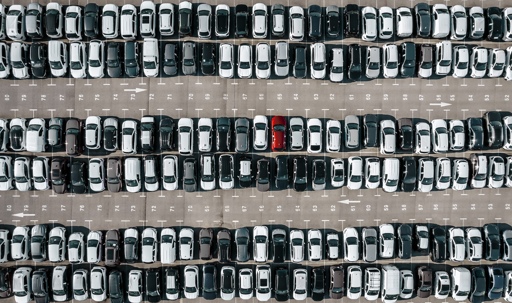




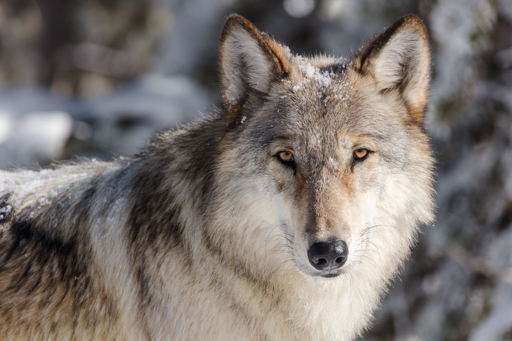
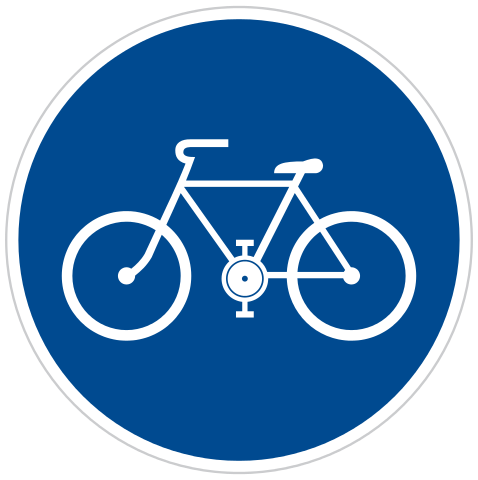



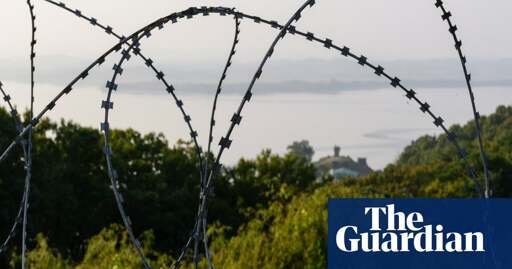






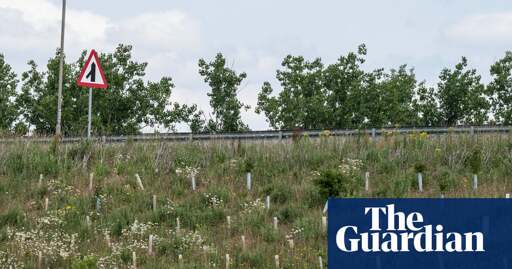
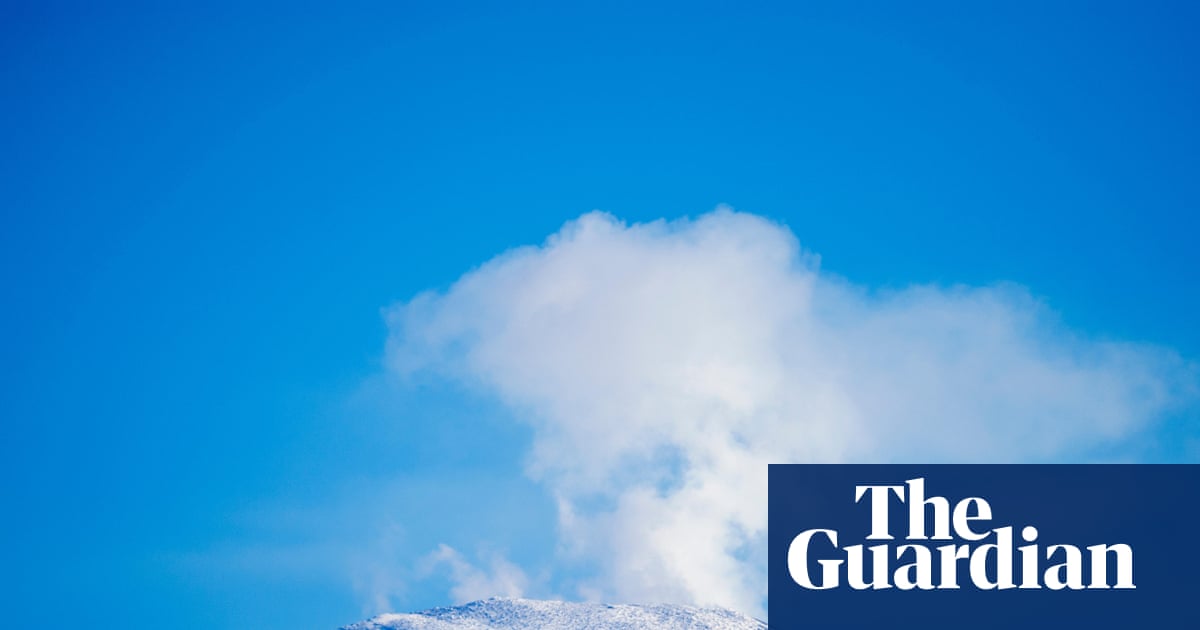


I don’t see the AI bubble burst affecting people to the same degree; I think it’ll wipe out a lot of investment portfolios, but non tech-sector jobs should be safe. I think it’s useful to have some essentials on hand, but I wouldn’t go on a buying spree if that means draining my savings; I’d rather have the flexibility of money. If it comes down to survival and you don’t have savings, you could preemptively apply for lines of credit, use those to cover living expenses, and declare bankruptcy once they’re wrung out. Not financial advice, but it’s an effective stopgap.